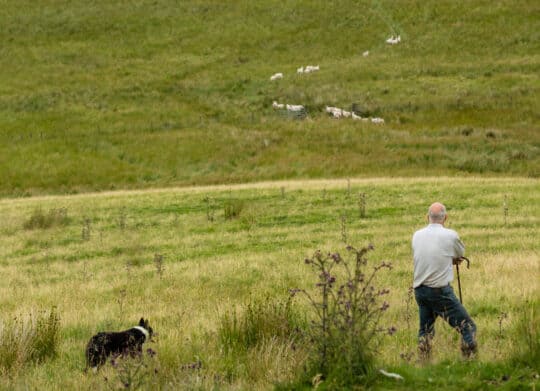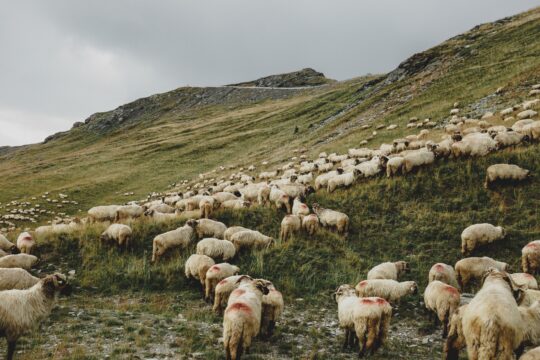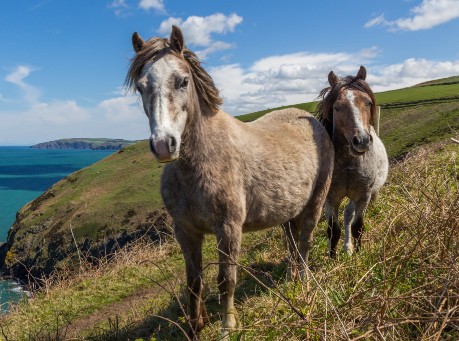
About the Moredun Group
Moredun is committed to promoting livestock health and welfare through research and education and is recognised worldwide for its contribution to research into infectious diseases of farmed livestock.
Established by Scottish farmers in 1920, Moredun’s work has always been firmly based on addressing the needs of the farming industry.
Moredun’s research has led to the development of many vaccines, diagnostic tests and improved treatment strategies for farm animals across the globe.




